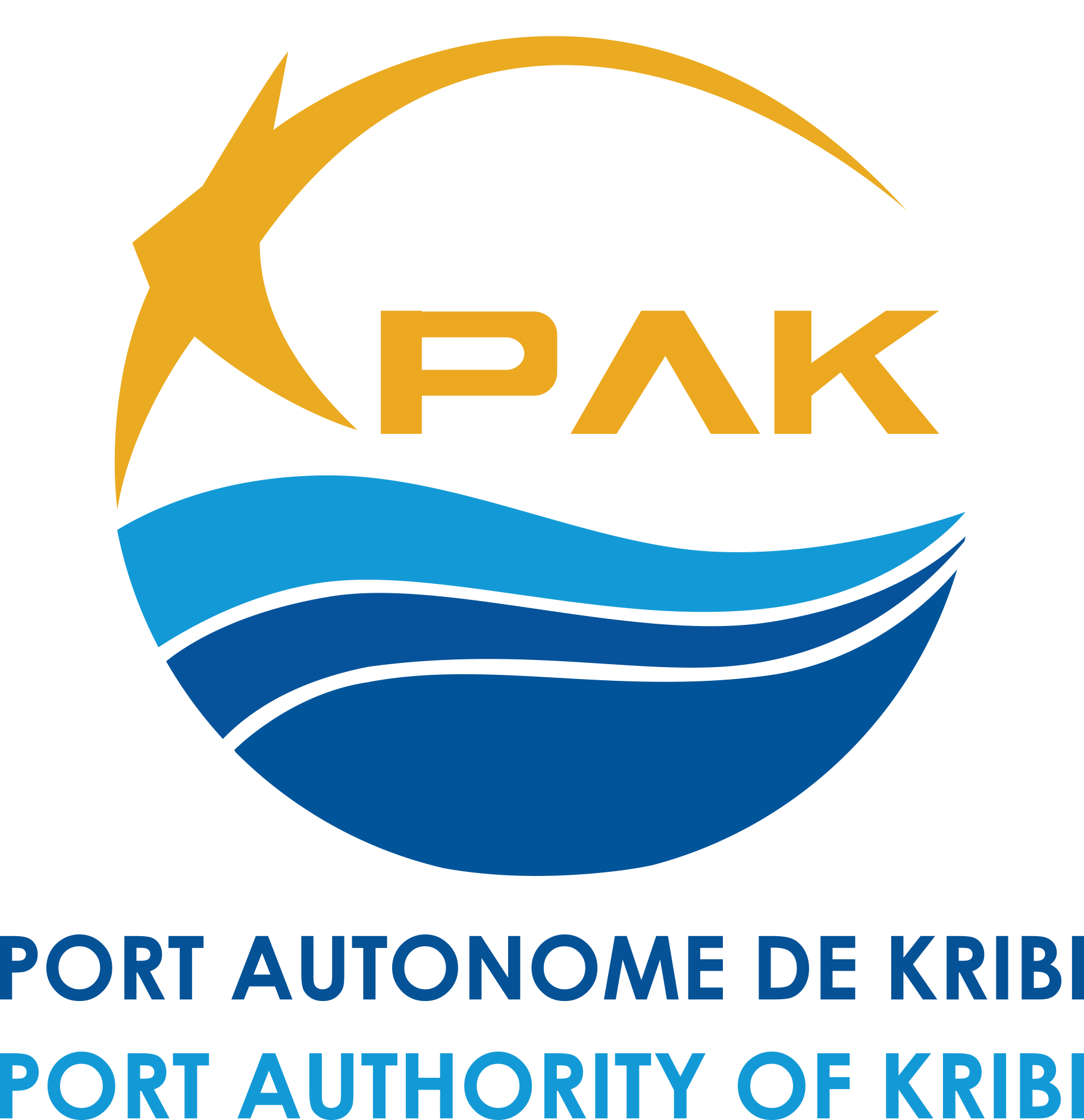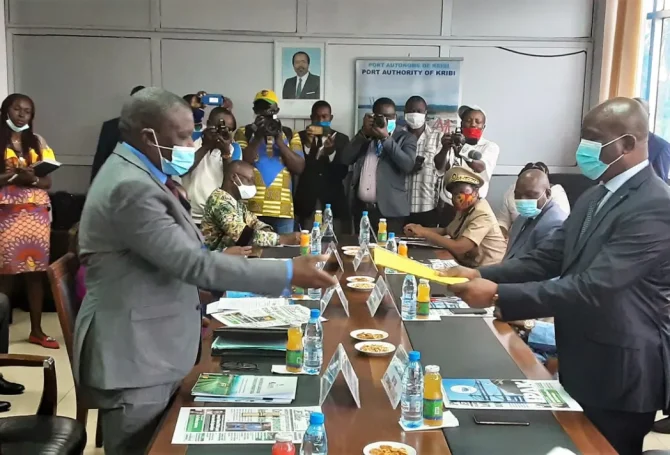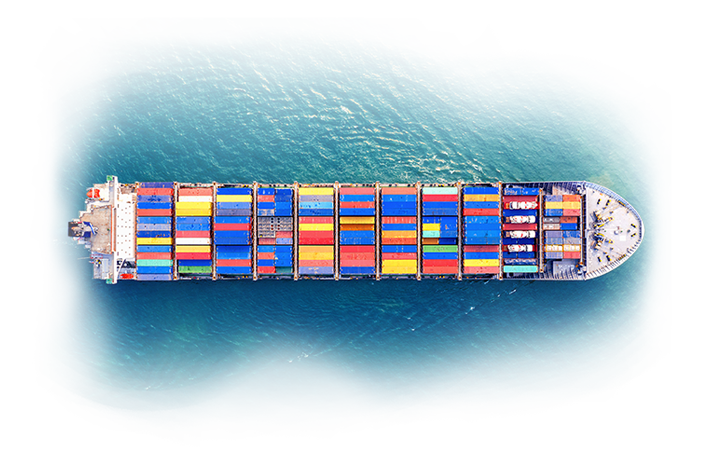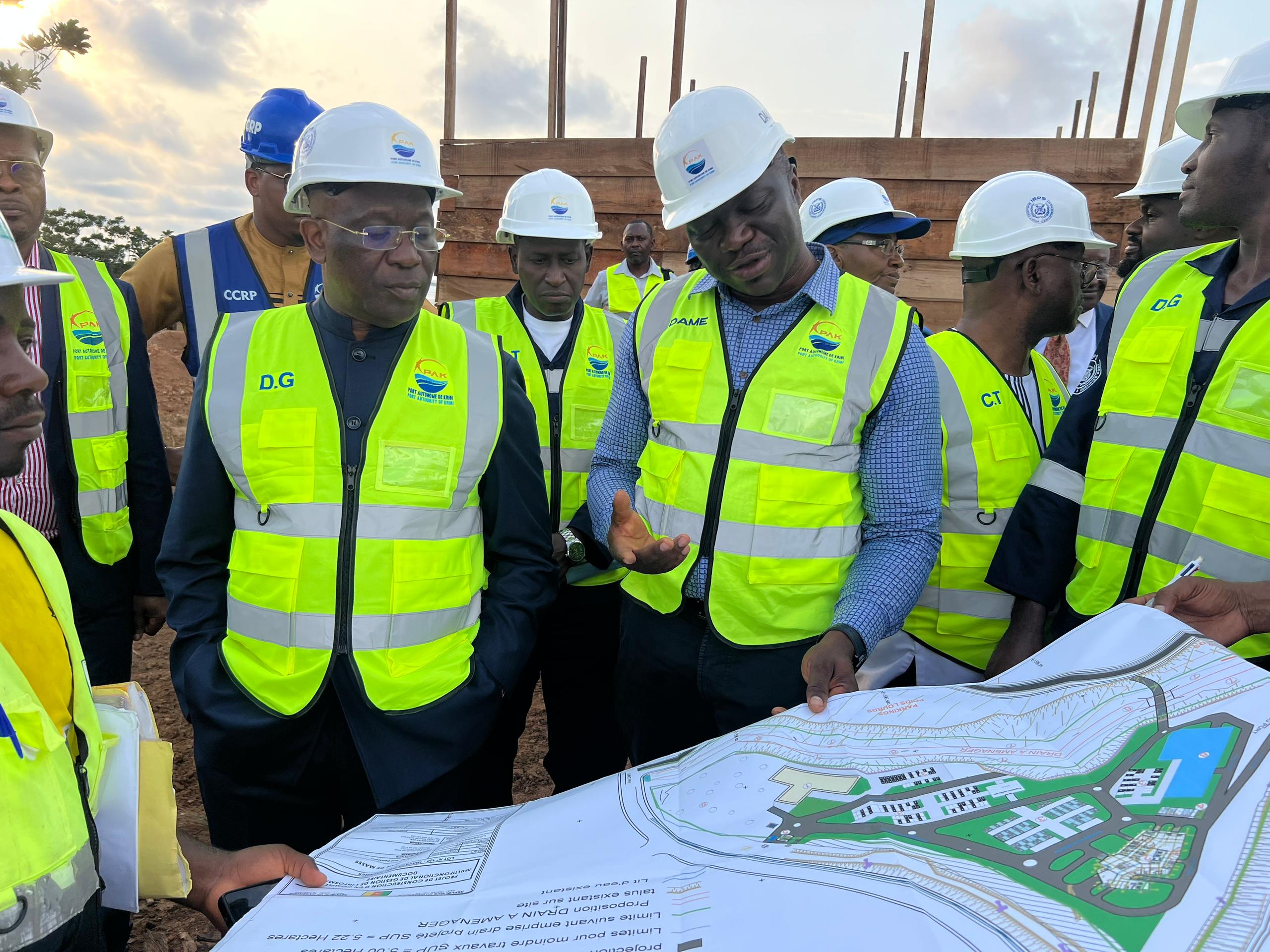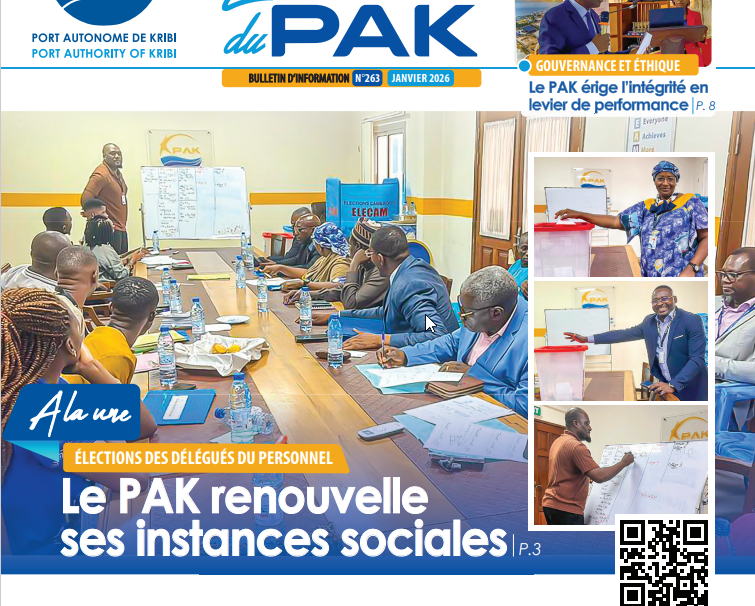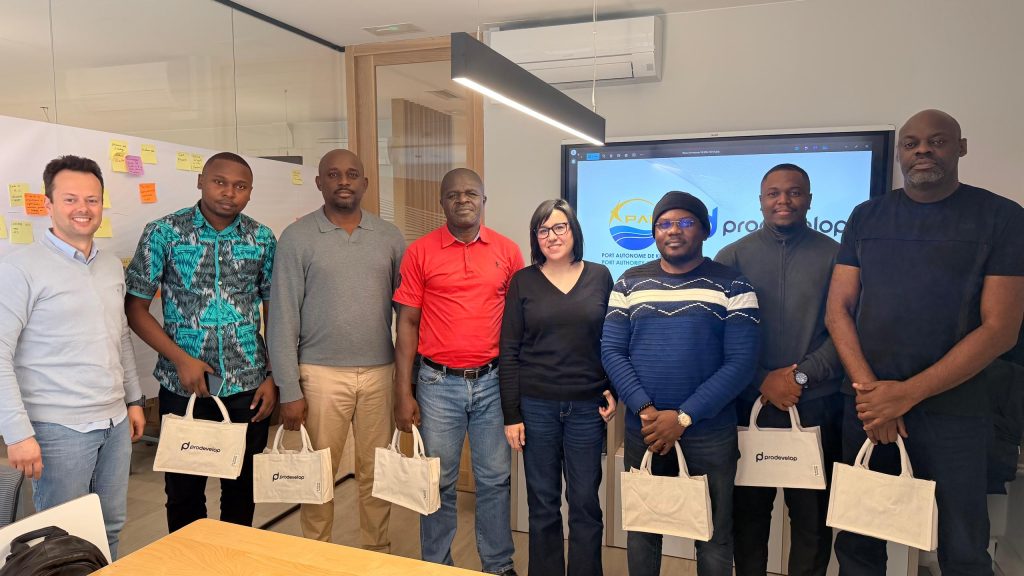PAK – MINADER Partnership: An Agricultural Belt for Kribi
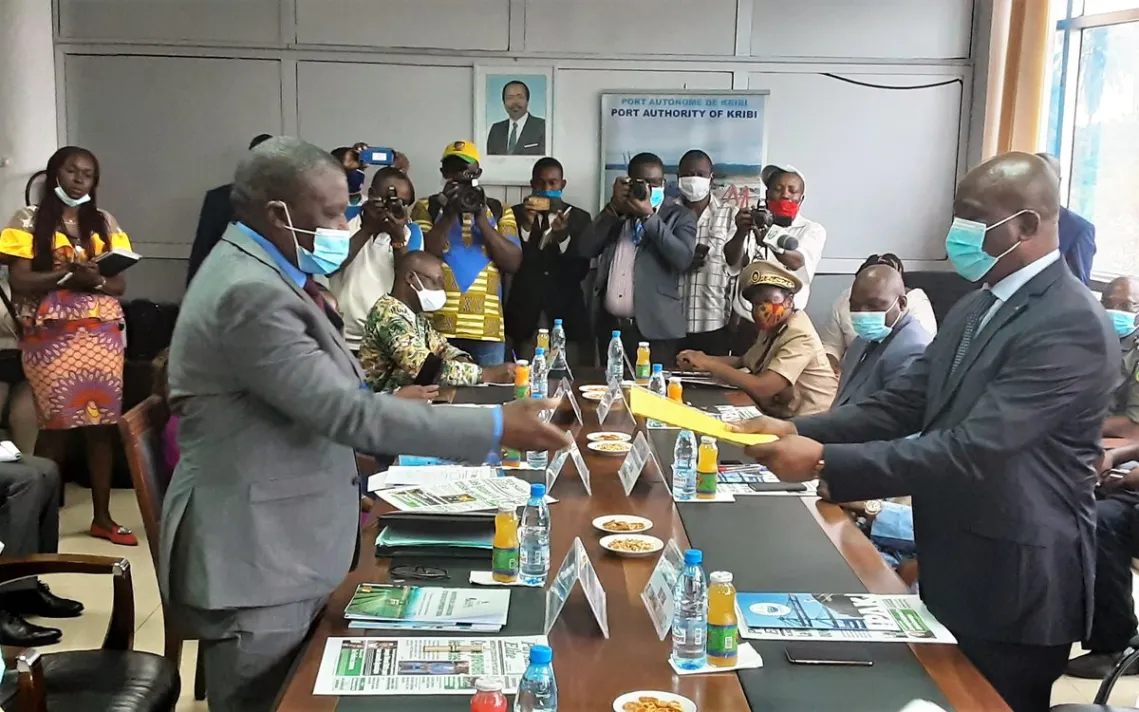
PAK – MINADER Partnership: An Agricultural Belt for Kribi
Pooling energies to ensure food security
On August 7, 2020, the Port Authority of Kribi (PAK) and the Ministry of Agriculture and Rural Development (MINADER) signed a framework partnership agreement aimed at strengthening agricultural production in the Ocean Division and addressing the food security challenges linked to the rapid development of the Kribi industrial and port complex.
A strategic partnership for the future
The three-year agreement is based on pooling resources, expertise, and skills between the two institutions. It provides for:
-
the support and training of young producers,
-
the creation of sustainable agricultural jobs,
-
the facilitation of procedures for importing agricultural inputs and equipment,
-
and the export of agricultural products through the Port of Kribi.
MINADER, through its technical services, will ensure the availability of quality seeds, compliance with good agricultural practices, and increased productivity. In turn, PAK commits, within the scope of its mandate, to support the implementation of these actions, notably by facilitating logistics flows for agricultural inputs and products.
The Agricultural Belt: a response to demographic growth
Launched in 2018 by MINADER, the Kribi Agricultural Belt focuses primarily on market gardening, short-cycle crops, and staple foods. Its objectives are to:
-
respond to the rising food demand generated by the port, the industrial-port complex, and the gas-fired power plant,
-
modernize local agriculture, which remains rudimentary,
-
and prevent future food shortages.
Through the Youth Agropastoral Entrepreneurship Program (PEA-Jeunes), incubators have already been set up to train and support young people in the production and processing of key food items such as plantain.
A strong political will
For the Minister of Agriculture, Gabriel Mbairobe, this agreement is fully in line with the vision of the Head of State, His Excellency Paul Biya, who made agricultural modernization a priority under his Seven-Year Term of Great Opportunities.
For the Director General of PAK, Patrice Melom, this partnership will strengthen the port’s operational capacity and enable it to play an active role in facilitating logistics procedures for agricultural development.
A significant field visit
The signing ceremony was followed by a guided visit of key installations, including:
-
the port terminals,
-
the Mboro logistics area,
-
a section of the Kribi-Edéa highway under construction,
-
as well as the SOCAPALM plantations and the village of Mbébé, considered the driving force of the agricultural belt.
A partnership full of opportunities
Beyond food security, this collaboration between MINADER and PAK is expected to create thousands of jobs for young people and small-scale farmers, while ensuring competitive and sustainable agricultural production to support the economic growth of Kribi and the entire South Region.
